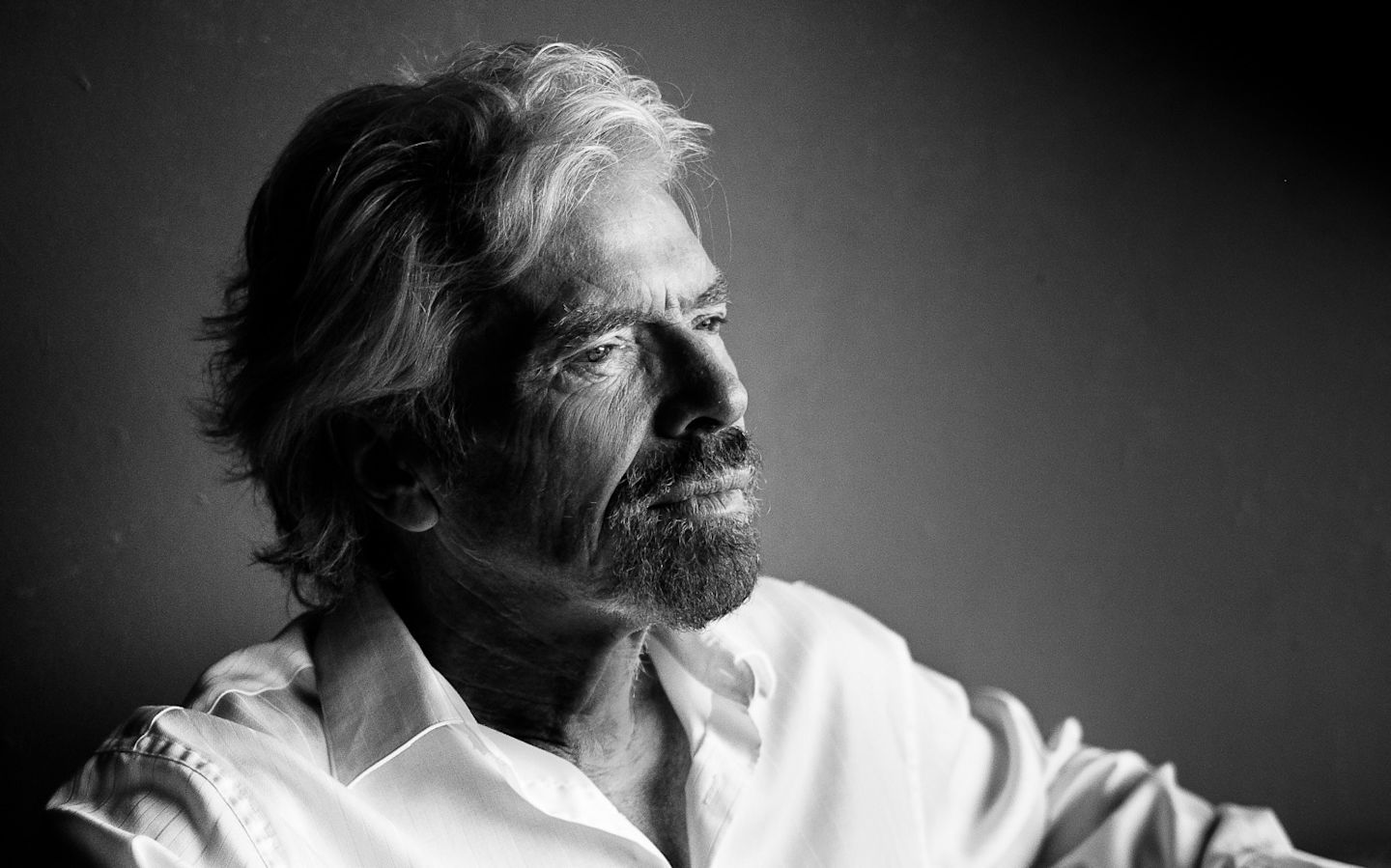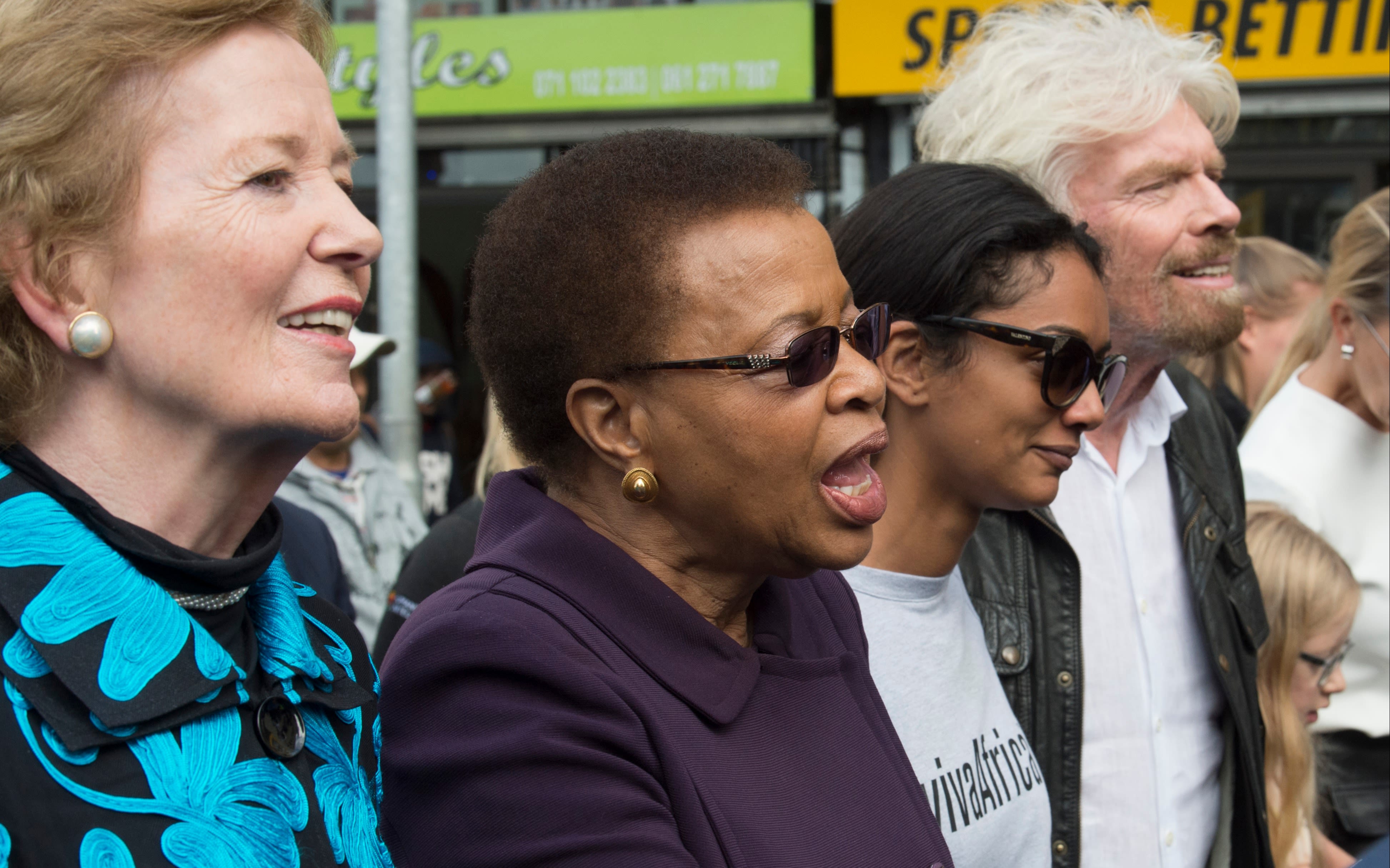It Could Happen to You
I’ve never made a secret of my opposition to the death penalty - a punishment so inhumane, so flawed that I find it impossible to accept its continued use around the world. Killing people as a way of trying to teach people not to kill people is simply not the way to do it.
But there is hope for change. Most of the world’s countries, more than 140, have now abolished the death penalty in law or practice. There are still many countries including Iran, North Korea, Saudi Arabia, China, and some states in America that continue to implement it. In the US, the call to end it for good has brought together new and powerful coalitions from across the political spectrum. The truth is, people have had enough – of a broken system that doesn’t deter crime, deliver justice, or make communities safer. And they’ve had enough of an instrument of oppression with such deep and obvious roots in racism, colonialism, and inequality.
Of the many reasons to support abolition, one has always stood out to me: time and again, the death penalty has failed appallingly to protect the innocent. In the US, 186 people have been freed from death row since 1976. In other words, for every eight people executed, one innocent person has been exonerated (and that’s just the people we know about in the US. We will never know how many innocent people have been executed around the world). That’s a stunning and unacceptable rate of error. And it’s a global problem. Elsewhere in the world, thousands continue to languish under a sentence of death, often because those in power needed to stifle dissent or cover the tracks of their own corruption.
What’s easy to forget is that behind every one of these statistics lies a real story of a life disrupted; of families torn apart; of anxiety, fear, and despair. Two new short films, released by our foundation, Virgin Unite, and supported by one of our community members, Ellie Kanner, highlight just how easily ordinary, innocent people find themselves in this vicious and often inescapable cycle.
“It could happen to you” tells the shocking stories of Sabrina Butler, a young Black mother from Mississippi, and Randall Padgett, a successful business owner from Alabama, who ended up on death row for no fault of their own.
They fell victim to a combination of shoddy police work, tainted evidence, and the ambition of zealous prosecutors. Both fought hard to see their convictions overturned and were eventually released, but others were probably not so fortunate. Witness to Innocence, who work with exonerees around the US, have collected countless stories like those of Sabrina and Randall.
These are not isolated incidents within an acceptable margin of error. These are recurring miscarriages of justice that couldn’t send a stronger message: the death penalty is a systemic failure. And we must all raise our voice against it.
More recently, I’ve been pleased to see business leaders step up to the plate and add their voice to this rapidly growing movement.
In March, I joined forces with some of my peers and our partner, the brilliant Responsible Business Initiative for Justice, to launch the Business Leaders Declaration Against the Death Penalty, a call to action now supported by more than 150 global executives. Business has a stake in abolition. Wherever governments cling to this machinery of death, they send a worrying signal no business should ignore.
The story of the death penalty has always been a story of awful policy priorities; of failing commitments to justice, fairness and accountability, and of the reckless waste of public resources that could be put to better use elsewhere – on the education of our children, on better care for the elderly, or on the transition to a greener economy.
It’s high time we make the death penalty everybody’s business. It’s our best chance to end this injustice once and for all.
If you are a business leader, please join us and sign the Business Leaders Declaration Against the Death Penalty.





